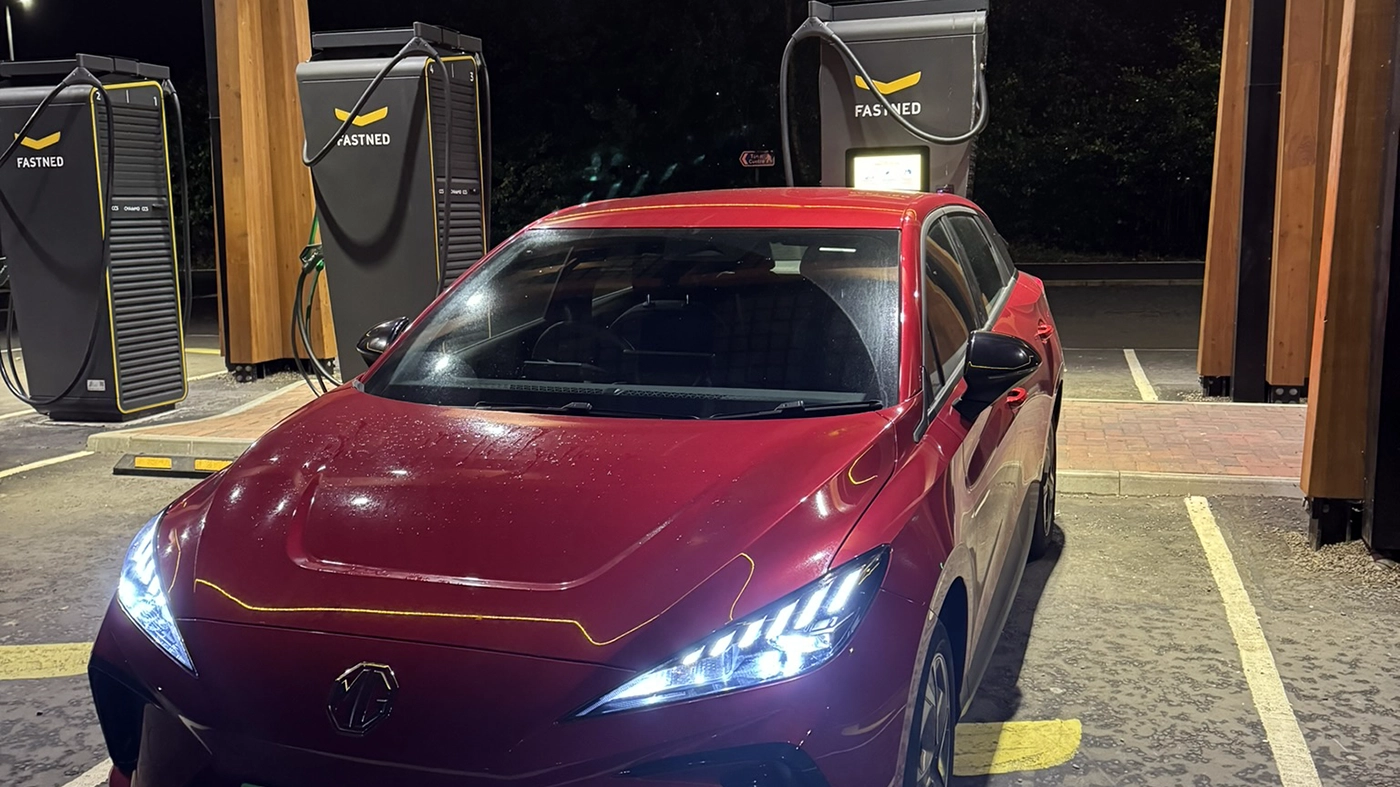The Scottish Government is to provide over £7 million across Aberdeen City Council, Aberdeenshire Council, The Highland Council, Moray Council and Dundee City Council to encourage greater private investment in the electric vehicle (EV) charging network.
In line with the Scottish Government’s vision for the public electric vehicle charging network, significant private investment will be required to grow the network and pace and scale. This funding is targeted in a way which draws in private sector investment, with a particular focus on more rural areas of Scotland, which is reflected in the financial awards.
The funding will enable local authorities to work with the private sector to continue to grow Scotland’s public EV charging network. This is achieved through partnership working with the private sector to operate existing EV charge points and deliver new EV charge points.
Dundee City Council will receive £300,000 in funding, with the remaining councils forming a partnership and benefiting from £6.9m, according to the Government.
“I’m pleased that the Scottish Government is providing over £7m in targeted support to attract in further private investment in our publicly accessible, electric vehicle charging network,” transport secretary Fiona Hyslop has said.
“The scale of our ambition to decarbonise transport cannot be met alone and I expect that our commitment for approximately 24,000 additional public charge points by 2030 will largely be met by the private sector.
“As a direct result of previous investment, per head of population, Scotland has more public EV charge points than any other part of the UK, except London. We also benefit from more rapid public EV charge points than any other UK region.
Launched in 2022, the fund aims to deliver £60m to EV charging networks across Scotland by 2026. At least half of such investment is intended to be drawn from the private sector, according to Transport Scotland.
The benefits for the public will be the introduction of more new and more reliable EV charge points across Scotland – supporting the Scottish Government’s commitment to phasing out the need for new petrol and diesel cars and vans by 2030, reducing transport emissions and protecting the climate.
Vicky Read, CEO of ChargeUK said:
“ChargeUK’s members stand ready to deliver the Scottish Government’s vision of a just transition to electric vehicles, through investment in charging infrastructure at pace and scale. The first Electric Vehicle Infrastructure Fund awards are an important and welcome step in delivering the vision.
“Our members will invest over £6 billion in rolling out EV infrastructure before 2030 to provide affordable and convenient charging for all in every part of the UK.
“Key to achieving that aim is effective partnership with the UK’s governments and local authorities.
“This first tranche of funding is encouraging and we look forward to unlocking further support through this scheme to ensure motorists across Scotland are confident that EV charging infrastructure is not just there for them today but into the future too.”
The successful roll-out of EV chargers will also support the government’s overarching target to phase out petrol and diesel cars and vans by 2030.
Jim Savege, Chief Executive, Aberdeenshire Council and on behalf of the North of Scotland Partnership added:
“The commitment to and journey towards net zero is a significant challenge for us all, and one that requires leadership and activity at scale and pace. We are proud to come together as a ground-breaking consortium covering Aberdeenshire, Aberdeen City, Moray and Highland Council areas with this significant investment in our EV charging infrastructure across our diverse urban and rural communities.
We are looking for a private sector partner to work with us and co-invest alongside us, a partner who has the same ambition and commitment to net zero, and who has the scale, reach and commitment to work with communities across the North of Scotland as we change our approach to travel and connectivity across the area.”



